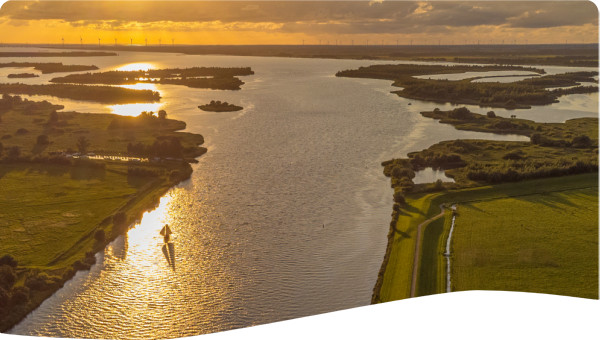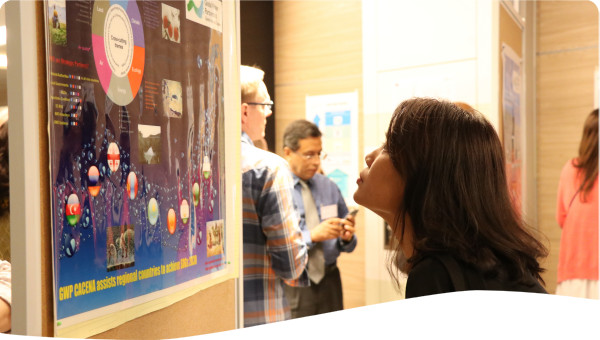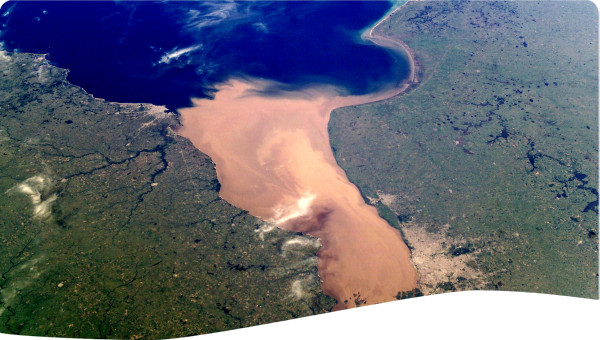For the institutional component, active lobbying was undertaken by the GWP-WA branches with the relevant officials in each State. The aim was to identify and involve technical staff in the ministerial departments, researchers in the scientific structures, appropriate local structures, community leaders and local elected representatives in taking into account the various concerns.
The signature by the three Water Ministers of the framework agreement for cooperation and promotion of political dialogue for sustainable development in the Mekrou sub-basin was a major axis of commitment by the political actors. NBA has had an important role in coordinating the action: it has ensured its coherence with the general planning in the basin and communication with the other Member States through its bodies. Taking into account the priorities related to the W Park, including its specific environmental priorities, has informed the implementation of the project at all stages, in particular for the EU pilot actions.
In a framework of collaboration with research and training institutions, the scientific component has made it possible to produce decision-making tools to guide decision-makers and other actors in the planning process, based on existing and/or newly collected data. The participatory nature of the action, in accordance with the second principle of IWRM, resulted in the mobilisation of the Secretaries General of the Ministries of Water, Directors General in charge of water resources, heads of deconcentrated technical services involved in the management of water resources, the environment, agriculture, mayors, councillors and local elected officials, heads of NGOs, user associations, research institutions, etc. All were able to appropriate the project to their own needs. All were able to take ownership of the project.
For the research component, renowned institutions participated in the action, with, at the regional level, the AGRHYMET Regional Centre (CILSS) and university structures including the National Water Institute (INE) in Benin, the Institute of Environment and Agricultural Research (INERA) in Burkina Faso and the Hydrogeology, Hydrochemistry and Isotopic Geochemistry Laboratory of the Geology Department of the Abdou Moumouni University of Niamey in Niger.
Through a comprehensive coordination mechanism led by NBA and the three States, the Mekrou project has put in place basic tools and elements to support sustainable development in the sub-basin. The major concern of the users, which was strongly expressed during the project’s launching workshop, was the implementation of pilot actions capable of impacting their living conditions. This was taken into account through the identification, design and implementation of a pilot project in each of the three countries.
Benin’s pilot project focused on protection actions through reforestation of the riverbanks, capacity building for women to build improved stoves, the delimitation of the protection area of the spring head, the adoption of a protection decree by the commune of Kouandé in 2017, as well as awareness-raising activities. The pilot project implemented in Burkina Faso, in the Eastern region, allowed for the development of a 125 km pastoral track with the installation of beacons every 200 m. The pilot project in Niger focused on the development of a watering hole in the W Niger Park for wildlife, in accordance with the studies carried out under the W ECOPAS Park programme.
Each pilot project addresses a cross-border problem. It contributes to ensuring sustainable management of natural resources and to securing the transit of local communities on both sides of the borders by preventing or mitigating conflicts
 Case studies
Case studies


